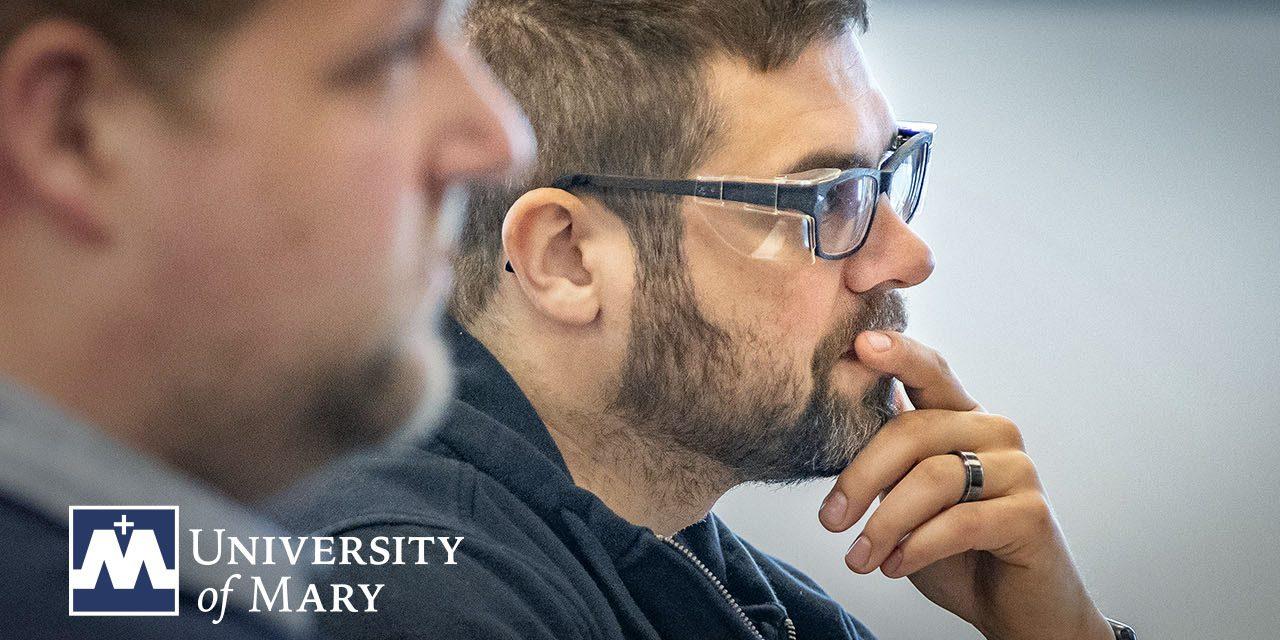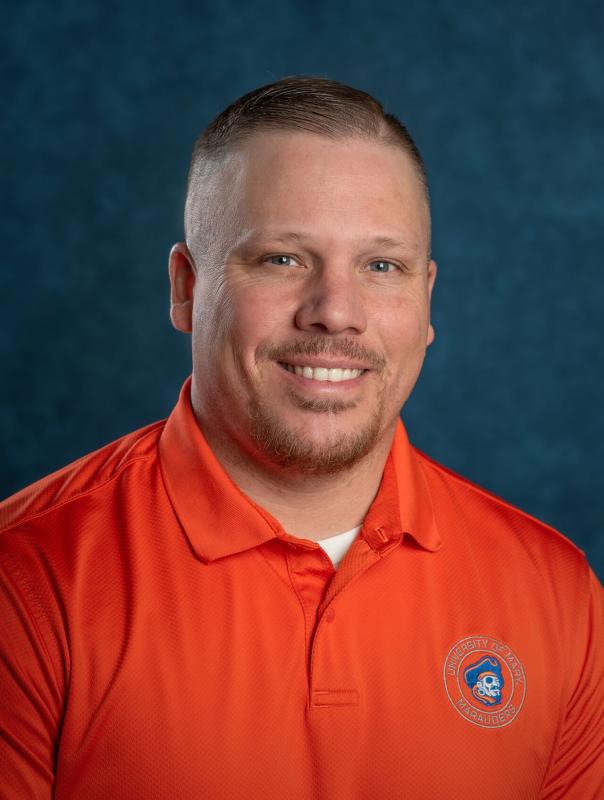University of Mary to Bring Professional Development Training to Tioga Community

BISMARCK, ND — What is worse than having another meeting? The answer: not being prepared for the meeting. Every professional has experienced it. It’s a free-for-all of thoughts but nothing gets resolved. A half hour to an hour passes and just like that everything about the meeting has spiraled out of control. The meeting goes around in circles without accomplishing anything. Sound familiar?
There’s a lack of organization before the meeting, no structure during the meeting, and no follow up after the meeting. Companies, no matter if they are large corporations or small mom-and-pop businesses located in metropolitan hubs or rural America, or whether they happen face-to-face in boardrooms or virtually online, it doesn’t have to be that way ever again.
The University of Mary is here to help and serve the needs of the region and beyond by providing business solutions and expertise to communities all across North Dakota. Mary is bringing professional development and training to Tioga, ND, called “Preparing and Executing Effective Meetings” through its successful Workforce Development Department. There are two one-hour trainings offered Tuesday, April 13, from 12 p.m. to 1 p.m., and then 2 p.m. to 3 p.m., at the Neset Consulting Service on 6844 State Highway 40 in Tioga.
Tioga is no different than any other community in North Dakota, or across the country for that matter. Each has workforce challenges says Dr. Martin, senior curriculum design specialist for Workforce Development Department at the University of Mary. It’s his department’s responsibility to work with community leaders to find the pain points and then address them through professional development.
“When businesses become efficient and successful, the community as a whole thrives and becomes successful,” added Martin. “With this particular training professionals will learn some tricks of the trade when it comes to running an effective meeting. Eliminating redundancies or inefficiencies is one outcome of the training. Another is enlightening participants on how to properly build an agenda, assign roles, take and disseminate information and hold people accountable to decisions being made.”

Senior Curriculum Design Specialist for Workforce Development Department at the University of Mary
According to Booqed, an online marketplace that quantified the statistics from several research companies, workers have eight meetings per week across all employee types and company size. In addition, 41 percent of the meetings are 31 to 60 minutes and 39 percent are 16 to 30 minutes. Unfortunately, quantity doesn’t mean quality.
“The life cycle of a meeting includes preparation, execution, and post-mortem follow-up,” said Martin. “It benefits everyone who partakes in a meeting to understand the rationale behind every one of these facets. Treating everyone who partakes in a meeting with the enlightenment of the ‘why’ brings transparency to an organization and can build trust. Participants in this training will gain the tools to move away from the phenomenon of ‘meeting just to meet’ and becoming a drain on people’s time.”
The average delay per meeting for employees is 10 minutes and 40 second, equivalent to three days and two hours lost annually. Time is money. The United States wasted $399.01 billion in 2019, several times more than the second most country, Germany, at $73.66 billion.
This training will be the first in a series between University of Mary’s Workforce Development Department and the city of Tioga.
